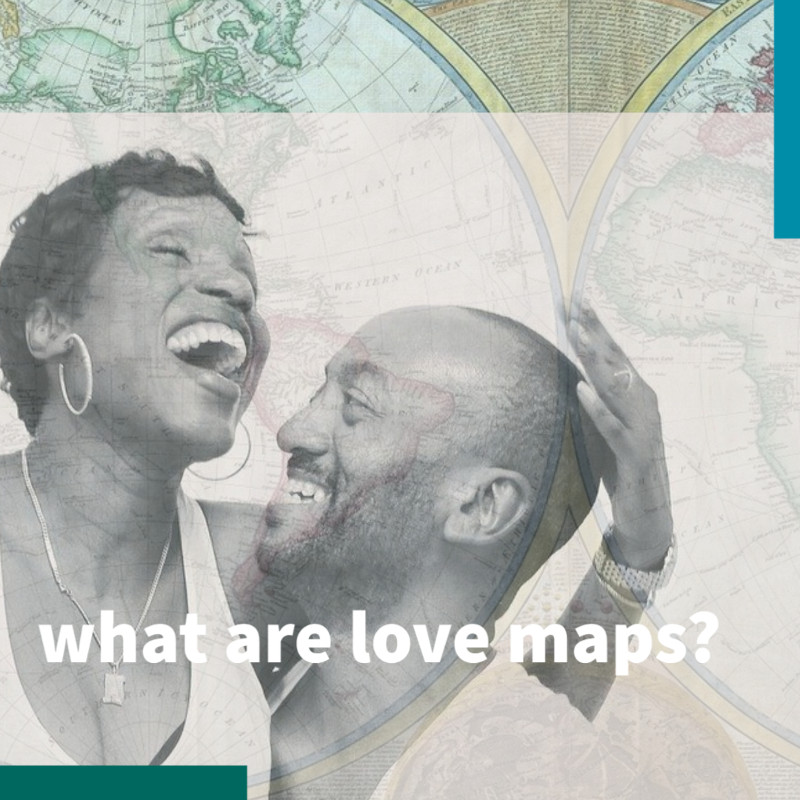
Everything You Wanted to Know About Boundaries in Relationships
by Counseling and Wellness Center of PittsburghApril 7, 2022 borderline personality disorder, boundaries, communication, conflict resolution, conversations for couples, couples communication, educational, emotional intelligence, how to say no, personal growth, relationship, relationship conflict, relationship resolutions, self care, stress management0 comments
You may have heard that boundaries in relationships are good and worthwhile. Understandably you might have some questions about boundaries such as what are they? How do I set a boundary? How do I communicate a boundary? How do I enforce a boundary? Is there any flexibility to boundaries? I will answer all of these questions for you because as a licensed marriage and family therapist I...Learn More
5 Ways to Move Beyond the Notion of Soul Mate and Develop Healthy Relationships
by Counseling and Wellness Center of PittsburghJanuary 24, 2022 dating, divorce, healthy relationships, love, marriage, soulmates, valentines day0 comments
“Love isn’t something natural. Rather it requires discipline, concentration, patience, faith, and the overcoming of narcissism. It isn’t a feeling, it is a practice.”
― Erich Fromm, The Art of Loving
Soul mates, the stuff of fantasies, dreams come true, love at first sight and also quite likely among the reasons you may find yourself hurling towards disappointment when...Learn More
Healthy Relationship Habits to Encourage in Your Teen
by Counseling and Wellness Center of PittsburghMarch 29, 2021 healthy relationships, parenting, Parenting and Families0 comments
Nothing can fill a parent with trepidation quite like watching their teenager enter the world of dating.
While you may feel some “mama bear” instincts to shut it down, your teen needs you to be there for them. And they’re probably craving to know (without telling you): what does a healthy relationship actually look like?
Instill these five teachable habits to help your teen build healthy...Learn More
Build Intimacy Through Friendship: Understanding Love Maps
Every romantic relationship needs a strong friendship at its center. Friendship is essential to long-lasting, passionate connection. It is like the coals of a bonfire that maintain the heat through the night and remain even after all the wood has burned up. Even in the morning with a little stoking and more wood, the coals quickly blaze again into a warm fire. Friendship is the foundation of...Learn More
People with Personality Disorders Do This In Relationships
by Counseling and Wellness Center of PittsburghSeptember 8, 2020 borderline personality disorder, Bowen Systems theory, healthy relationships, narcissistic personality disorder, Personality disorders, Unhealthy relationships0 comments
People with Personality Disorders Do This In Relationships
Differentiation of Self: Learning to balance Self Needs with the Needs of Others
We can all agree that balance is a key component to healthy living. Sometimes it comes naturally, but more often than not, balance is really hard to maintain. One of the most difficult places to find balance is in our relationships. If we want to...Learn More
